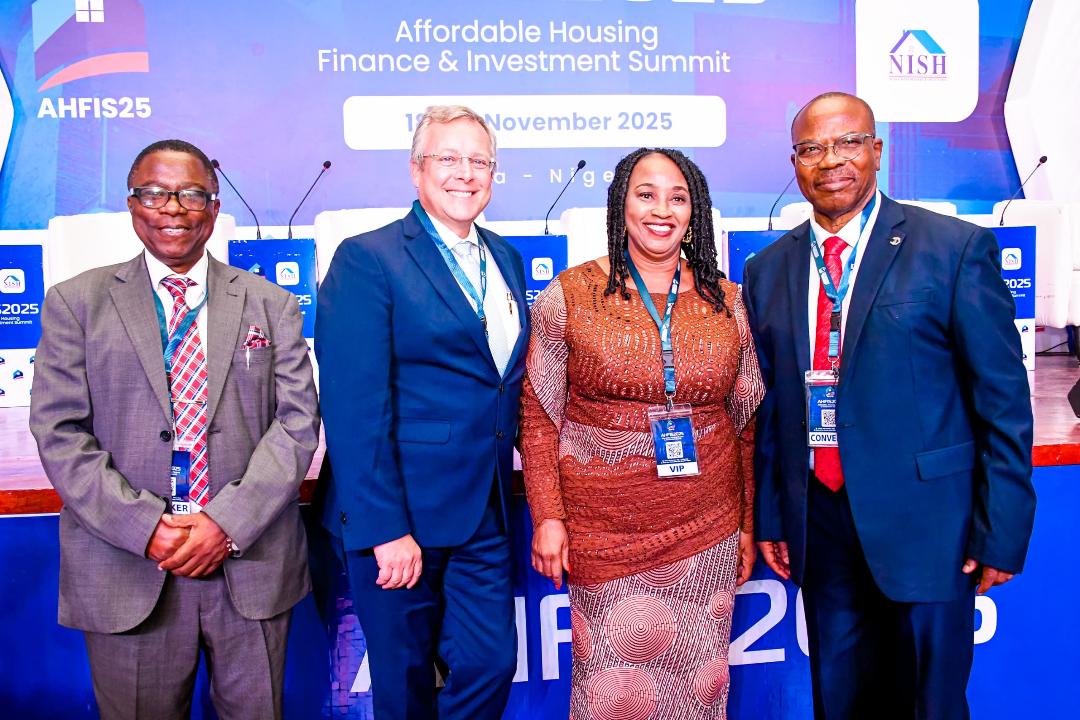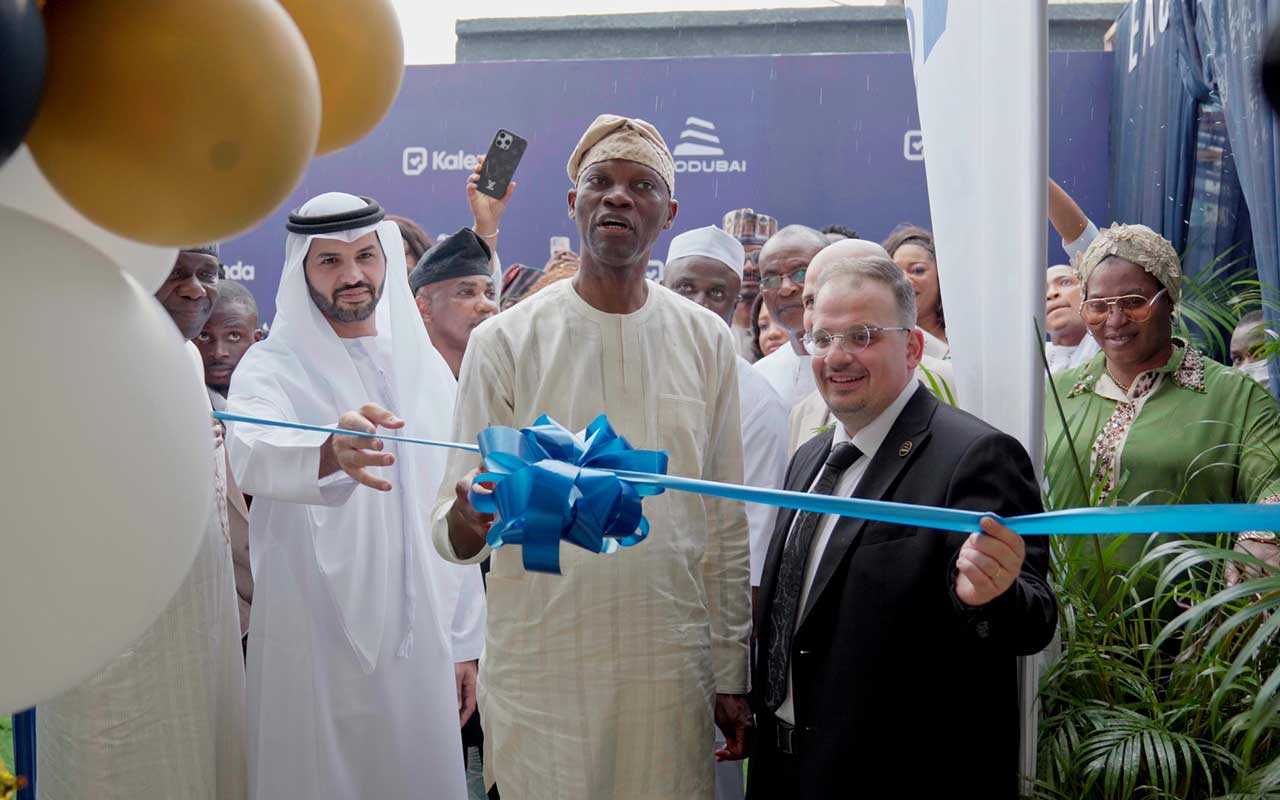The International Real Estate Society (IRES) has urged African countries to adopt new housing models that prioritise build-to-rent schemes, affordable mortgages, incentives for developers, and improved access to finance.
IRES President, Prof. Omokolade Akinsomi, made the call at the 24th yearly conference of the African Real Estate Society (AfRES) in Lagos, themed “Shaping the Future of African Real Estate Markets: Exploring the Opportunities.”
Akinsomi, who is also an Associate Professor at the University of the Witwatersrand, South Africa, described the housing deficit in Nigeria and across Africa as a complex challenge worsened by soaring construction costs. “When a developer builds a home, it is out of reach for most people because of high interest rates. These costs are passed to the buyer, which makes houses even more expensive,” he said.
He advised governments to offer land and other incentives to developers to reduce costs and make housing more affordable. According to him, public-private partnerships in the build-to-rent space could deliver affordable housing at scale. He also pushed for single-digit mortgage interest rates, rather than the double-digit rates that currently dominate African markets.
“If we can also attract Foreign Direct Investments (FDIs), it should be structured as a win-win. But we must have our own regulatory framework to guide how investors operate in our environment,” Akinsomi added.
AfRES President, Dr Kunle Awolaja, noted that Africa is a “green land” of diverse opportunities but said growth in the real estate sector is hampered by a lack of credible data. Most available figures, he argued, are based on estimates, whether on housing deficits or population statistics.
Awolaja, an estate surveyor and valuer, said AfRES serves as a bridge between academia and the real estate industry, helping to generate reliable data that can support housing finance and improve planning. He disclosed that the society is working to establish a presence in all 55 African countries.
The Chairman of AfRES Nigeria chapter, Adediran Adetunji, stressed that Africa remains a prime destination for global investment across multiple sectors, including real estate. He said cities like Lagos, Abuja, Johannesburg, and Nairobi reflect the dynamism of ongoing development and growing FDI inflows.
Adetunji also highlighted the transformative role of technology, noting that artificial intelligence, blockchain, and data analytics are reshaping the way properties are designed, financed, marketed, and managed.
“Now is the time to act with foresight and boldness. I appeal to African leaders to invest in critical infrastructure, roads, rail, ports, and airports and embrace transformative technologies. These are not just enablers of growth, but vital to the viability of real estate investments across the continent,” he said.
Also speaking, the President of the Nigerian Institution of Estate Surveyors and Valuers (NIESV), Kunle Alonge, said Africa’s enormous opportunities and resources, coupled with a conducive business environment, make it a hub for international real estate investment.
He underscored the need for appropriate policies, innovation, and technology to unlock the sector’s full potential.






